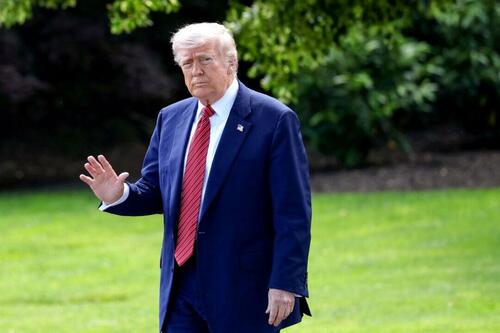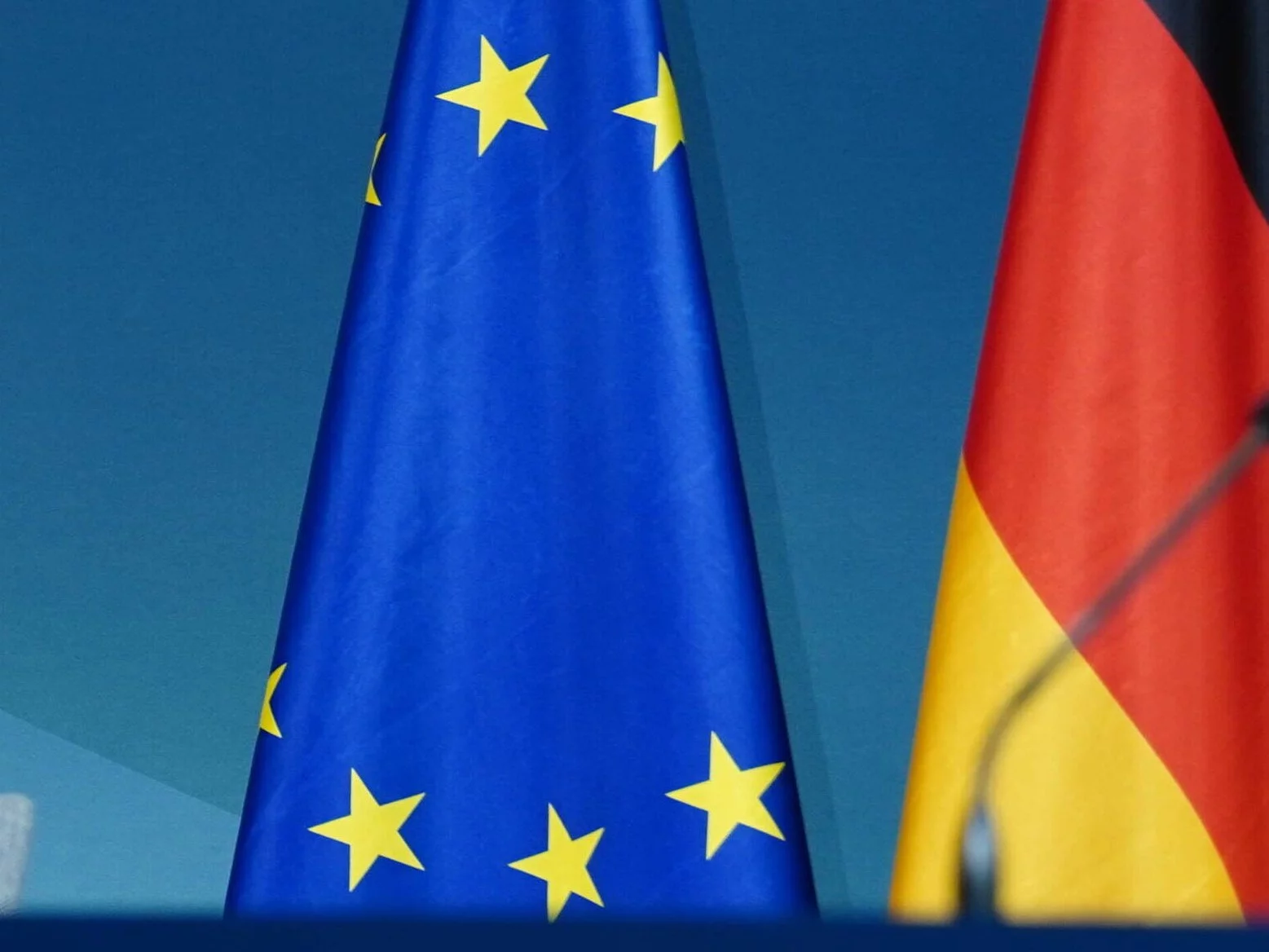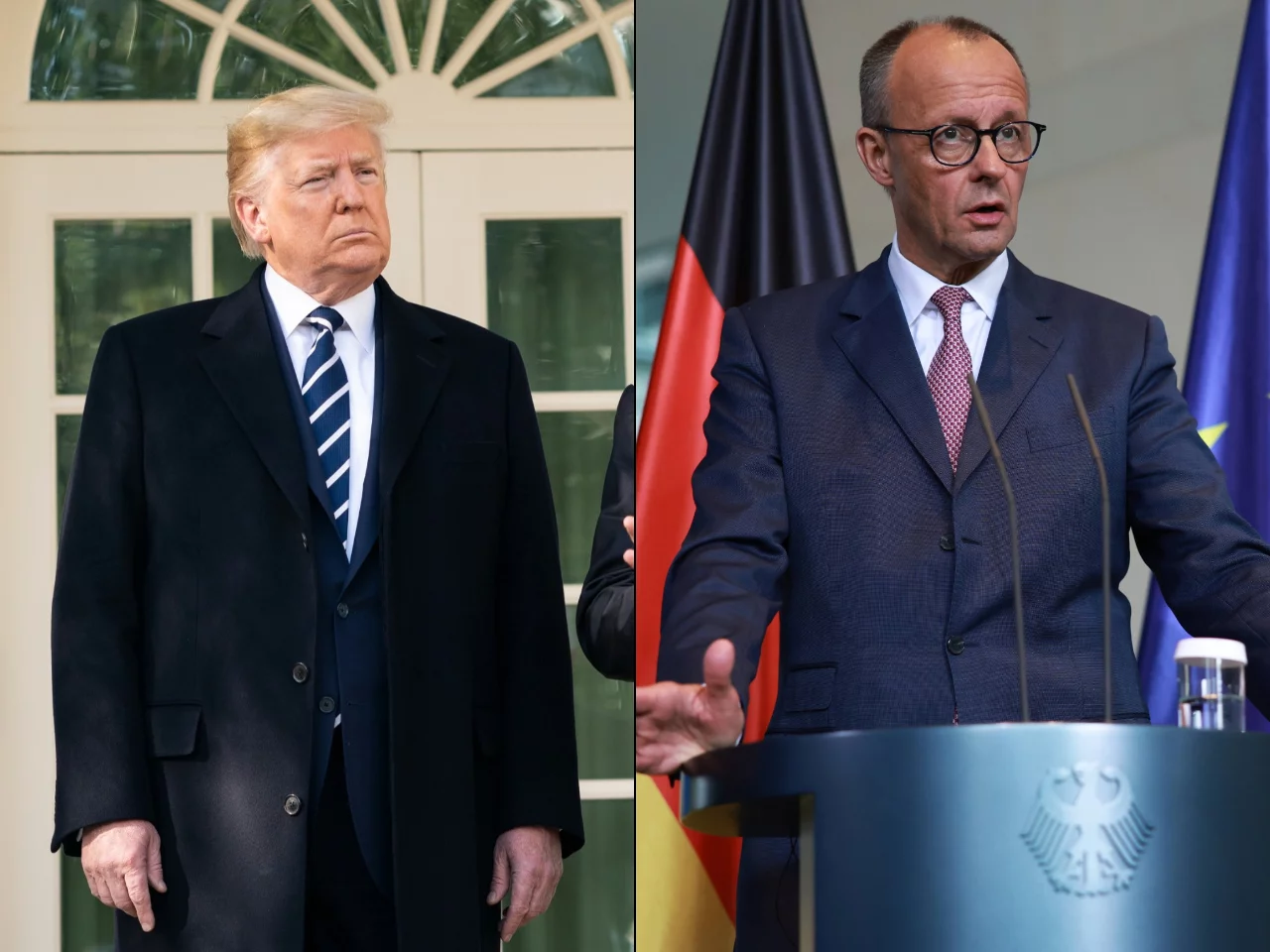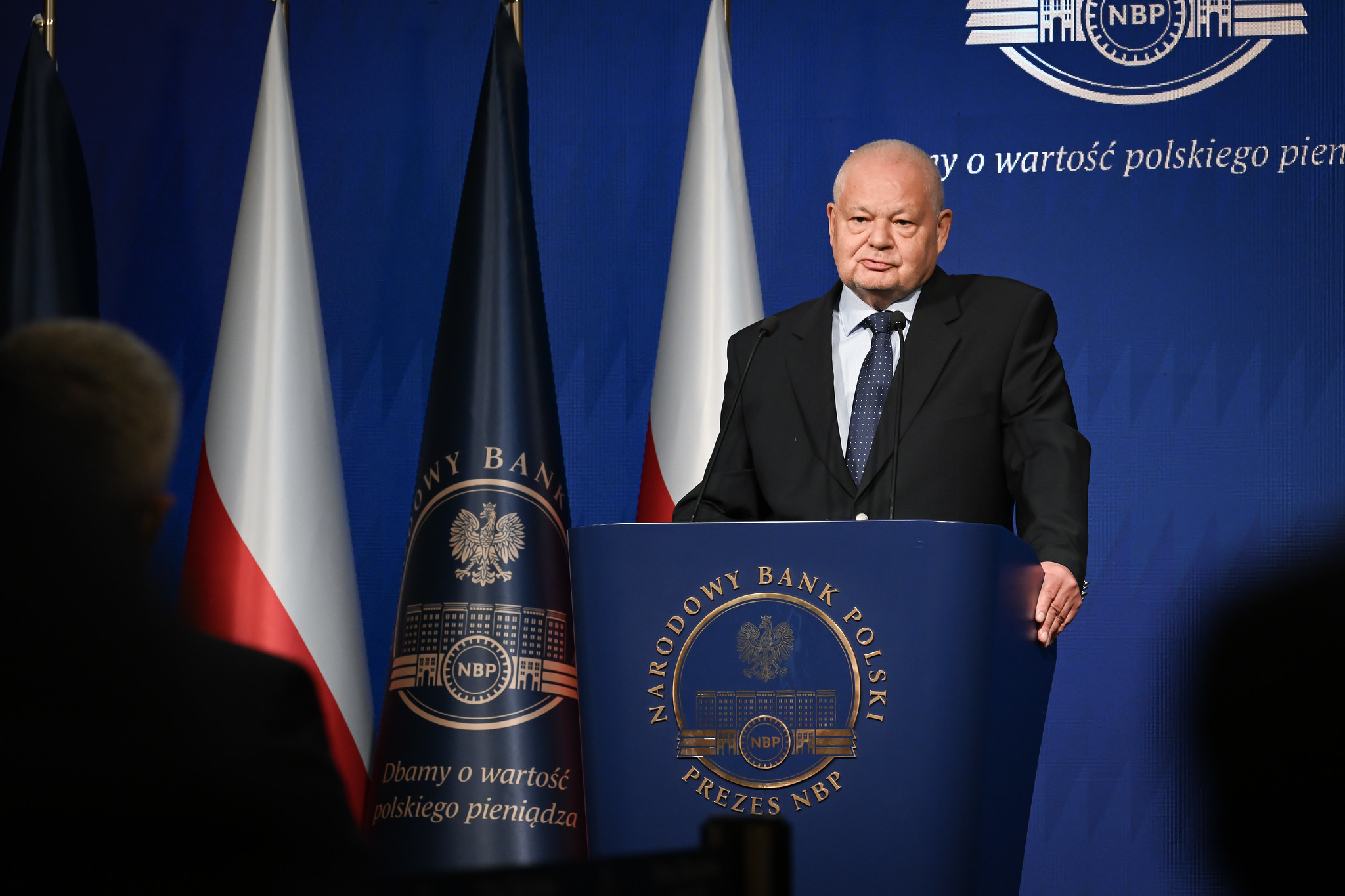
Trump Delays 50 Percent Tariff On EU Goods To July 9
Authored by Emel Akan via The Epoch Times,
President Donald Trump announced Sunday that the United States will delay the implementation of a 50 percent tariff on European Union products to July 9 from June 1.

The decision was made after a phone call with European Commission President Ursula von der Leyen earlier in the day.
“I received a call today from Ursula von der Leyen, President of the European Commission, requesting an extension on the June 1st deadline on the 50% Tariff with respect to Trade and the European Union,” Trump wrote on Truth Social.
“I agreed to the extension—July 9, 2025—It was my privilege to do so. The Commission President said that talks will begin rapidly.”
Trump’s statement followed a post from von der Leyen on the social media platform X, in which she described her conversation with Trump as a “good call.”
“The EU and US share the world’s most consequential and close trade relationship. Europe is ready to advance talks swiftly and decisively. To reach a good deal, we would need the time until July 9,” she wrote.
Trump initially said on May 23 that the United States will impose a 50 percent tariff on the European Union starting June 1.
The United States and EU share the largest bilateral economic relationship in the world. Yet, U.S. goods and services face persistent tariff and non-tariff barriers in the EU market, according to the latest Foreign Trade Barriers report issued by U.S. Trade Representative (USTR).
Trade Barriers
Although the EU’s average Most Favored Nation tariff rate stands at a relatively low 5 percent, certain goods face disproportionately high levies, such as fish and seafood (up to 26 percent), trucks (22 percent), bicycles (14 percent), passenger vehicles (10 percent), and fertilizers and plastics (6.5 percent).
Many processed foods such as confectionary products and baked goods also face complex and burdensome tariffs under the EU’s Meursing Table system, which calculates duties based on product composition.
Under this system, the EU charges a tariff on each imported good based on the products’ content of milk fat, milk protein, starch, and sugar. This system not only increases administrative burden but also creates uncertainty for U.S. food exporters, according to the USTR.
In addition, the EU does not administer its laws through a single customs administration, which presents another layer of complexity for U.S. exporters. Each EU member state enforces customs law independently, resulting in different interpretations and enforcement throughout the bloc.
The EU’s technical barriers to trade also remain a sticking point. For example, Europe’s adoption of regional standards for safety, quality, environmental protection, labeling, and packaging impede market access for U.S. products even if they meet international standards, according to the USTR.
Tyler Durden
Sun, 05/25/2025 – 20:25














